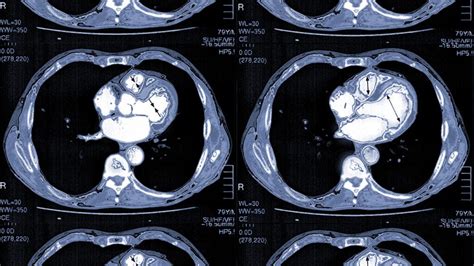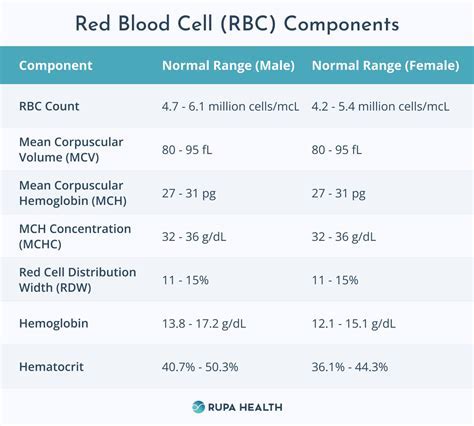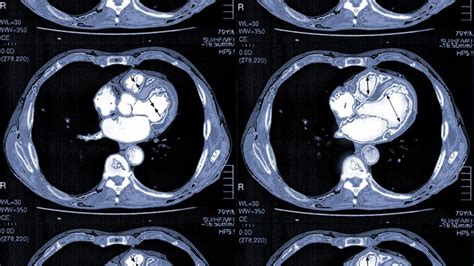Intro
Discover 5 ways a heart scan can reveal hidden cardiovascular risks, using advanced imaging techniques like coronary artery scans and cardiac CT scans to detect heart disease, improving heart health and preventing strokes.
The importance of maintaining a healthy heart cannot be overstated. Heart disease is one of the leading causes of death worldwide, and early detection is crucial for effective treatment and prevention. One of the most effective ways to detect heart disease is through a heart scan, also known as a coronary calcium scan or cardiac CT scan. This non-invasive test uses X-rays to take pictures of the heart and its blood vessels, allowing doctors to identify potential problems before they become serious. In this article, we will explore the benefits and workings of heart scans, as well as provide guidance on how to prepare for the test and what to expect during and after the procedure.
Heart scans are particularly useful for individuals who are at high risk of developing heart disease, such as those with a family history of the condition, smokers, and people with high blood pressure or high cholesterol. By detecting calcium deposits in the coronary arteries, which supply blood to the heart, doctors can assess the risk of a heart attack or stroke. Early detection enables individuals to make lifestyle changes and receive treatment to reduce their risk of developing heart disease. Moreover, heart scans can also help doctors monitor the effectiveness of treatments and make adjustments as needed.
The process of getting a heart scan is relatively straightforward and painless. The test typically takes around 10-15 minutes to complete, and patients are required to lie on a table that slides into a large, doughnut-shaped machine. The machine uses X-rays to take pictures of the heart from different angles, which are then combined to create detailed images of the coronary arteries. The images are then analyzed by a doctor to look for signs of calcium deposits, blockages, or other abnormalities. With the help of advanced technology, heart scans have become a vital tool in the diagnosis and prevention of heart disease.
Benefits of Heart Scans

Some of the key benefits of heart scans include:
- Early detection of heart disease
- Non-invasive and relatively painless
- Enables doctors to assess the risk of heart attack or stroke
- Helps monitor the effectiveness of treatments
- Can identify potential problems before they become serious
How Heart Scans Work
Heart scans use advanced technology to take pictures of the heart and its blood vessels. The test typically involves the following steps: 1. Preparation: Patients are required to lie on a table and remove any jewelry or clothing that may interfere with the test. 2. Scanning: The table slides into a large, doughnut-shaped machine, which uses X-rays to take pictures of the heart from different angles. 3. Image analysis: The images are then analyzed by a doctor to look for signs of calcium deposits, blockages, or other abnormalities. 4. Results: The results of the test are then used to assess the risk of heart disease and develop a treatment plan.Preparing for a Heart Scan

It is also important to inform the doctor of any previous medical conditions or treatments, as this can affect the accuracy of the test results. By following these steps, patients can ensure that they are properly prepared for the test and that the results are accurate.
What to Expect During the Test
During the test, patients can expect the following: * To lie on a table that slides into a large, doughnut-shaped machine * To hear a loud banging or knocking noise, which is the sound of the machine taking pictures * To feel a sensation of pressure or tightness in the chest, which is normal * To be asked to hold their breath for short periods of time, which helps to ensure that the images are clearThe test typically takes around 10-15 minutes to complete, and patients are usually able to return to their normal activities immediately after the test.
Understanding the Results

The results of the test are then used to develop a treatment plan, which may include lifestyle changes, medication, or further testing. By understanding the results of the test, patients can take proactive steps to reduce their risk of developing heart disease.
Common Questions and Concerns
Some common questions and concerns that patients may have about heart scans include: * What are the risks of the test? * How accurate are the results? * What if the results show that I have a high risk of heart disease? * Can I still have a heart scan if I have a pacemaker or other implantable device?These questions and concerns can be addressed by speaking with a doctor or healthcare provider, who can provide personalized advice and guidance.
Advanced Technology and Heart Scans

These advancements have made heart scans a vital tool in the diagnosis and prevention of heart disease.
The Future of Heart Scans
The future of heart scans is exciting and promising. Some of the potential developments that may shape the future of heart scans include: * Improved imaging technology, which can help to identify potential problems earlier and more accurately * Personalized medicine, which can help to tailor treatment plans to individual patients * Increased accessibility, which can help to make heart scans more widely available and affordableBy staying up-to-date with the latest advancements and developments, patients can take advantage of the latest technology and treatments to reduce their risk of heart disease.
Conclusion and Next Steps

We invite you to comment below and share your thoughts and experiences with heart scans. Have you had a heart scan before? What were your results, and how did you use the information to improve your heart health? Share your story and help others understand the importance of heart scans in maintaining a healthy heart.
What is a heart scan, and how does it work?
+A heart scan, also known as a coronary calcium scan or cardiac CT scan, is a non-invasive test that uses X-rays to take pictures of the heart and its blood vessels. The test helps to identify potential problems, such as calcium deposits, blockages, or other abnormalities, which can increase the risk of heart disease.
Who should get a heart scan, and why?
+Individuals who are at high risk of developing heart disease, such as those with a family history of the condition, smokers, and people with high blood pressure or high cholesterol, should consider getting a heart scan. The test can help to identify potential problems early, which can improve treatment outcomes and reduce the risk of heart disease.
What are the benefits of heart scans, and how can they improve heart health?
+The benefits of heart scans include early detection of heart disease, non-invasive and relatively painless, enables doctors to assess the risk of heart attack or stroke, helps monitor the effectiveness of treatments, and can identify potential problems before they become serious. By providing valuable insights into heart health, heart scans can help individuals take proactive steps to reduce their risk of heart disease and improve their overall health.
